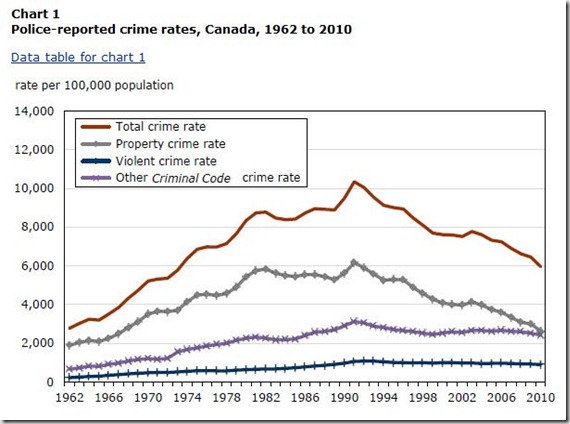 It used to be said that travelling into the US and having to deal with the US Customs authorities was an ordeal, the price of admission so to speak. And it was also said how nice it was to come back to Canada and the “pleasant” border control people who were friendly and generally much more laid back than their American counterparts.
It used to be said that travelling into the US and having to deal with the US Customs authorities was an ordeal, the price of admission so to speak. And it was also said how nice it was to come back to Canada and the “pleasant” border control people who were friendly and generally much more laid back than their American counterparts.
Well, no more. As two recent stories can attest, Canada’s CBSA has taken the gloves off and is now showing bloodied bare knuckles.
In one case (link) a 66-year-old Minnesota woman heading to Canada to play bingo was arrested and held in jail for 12 days because a jar of motor oil was mistakenly identified as heroin at the border. Now, even if you give CBSA the benefit of the doubt and agree that heroin and motor oil can be easily confused, taking 12 days to sort it out is simply ludicrous. CBSA’s response? “all persons, goods and conveyances entering Canada may be subject to a more in-depth examination." And then ran and hid behind privacy legislation.
In the second case, some US fishermen on the St. Lawrence (link) were fishing just inside Canada’s territorial waters. This is a common practice that has been accepted on both sides of the border for generations, the only caveat being they don’t actually drop anchor, in which case they are obliged to phone the respective border authorities and advise of their presence in their territorial waters. CBSA agents, acting as judge and jury forced the two fishermen to pay a $1000 fine on the spot under threat of being arrested, handcuffed, and towed to shore. Conveniently, CBSA accepts Visa, MasterCard and American Express, so the boater was able to pay this extortion by credit card and head back home suitably chastised. CBSA claims this is “routine” but is unable (unwilling?) to provide any prior examples.
Whether these new bully tactics are as a result of higher level direction (tough on crime and all that) or simply a generally nastier tone being expressed by all those in a position of power (G20 comes to mind as well) remains to be seen. But what is certain is that examples of this new get tough attitude get wide press in the US border states further discouraging our southern friends from coming to visit, and encouraging tit-for-tat treatment of Canadians by US authorities – a downward spiral that will never end well. And all at a time when the Canadian government publically insists it’s trying to encourage the free flow of commerce and people between the two countries.
If Vic Toews is serious about that I have a suggestion or two on where he can start.

